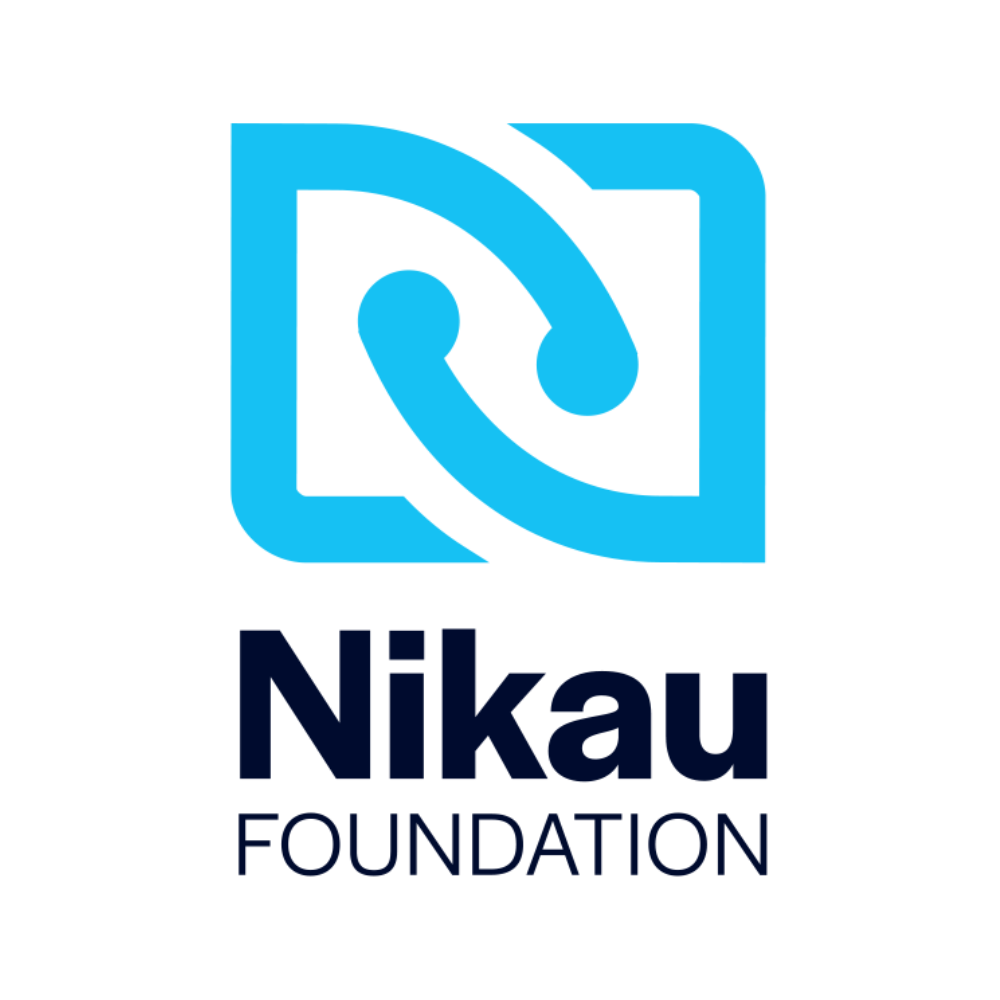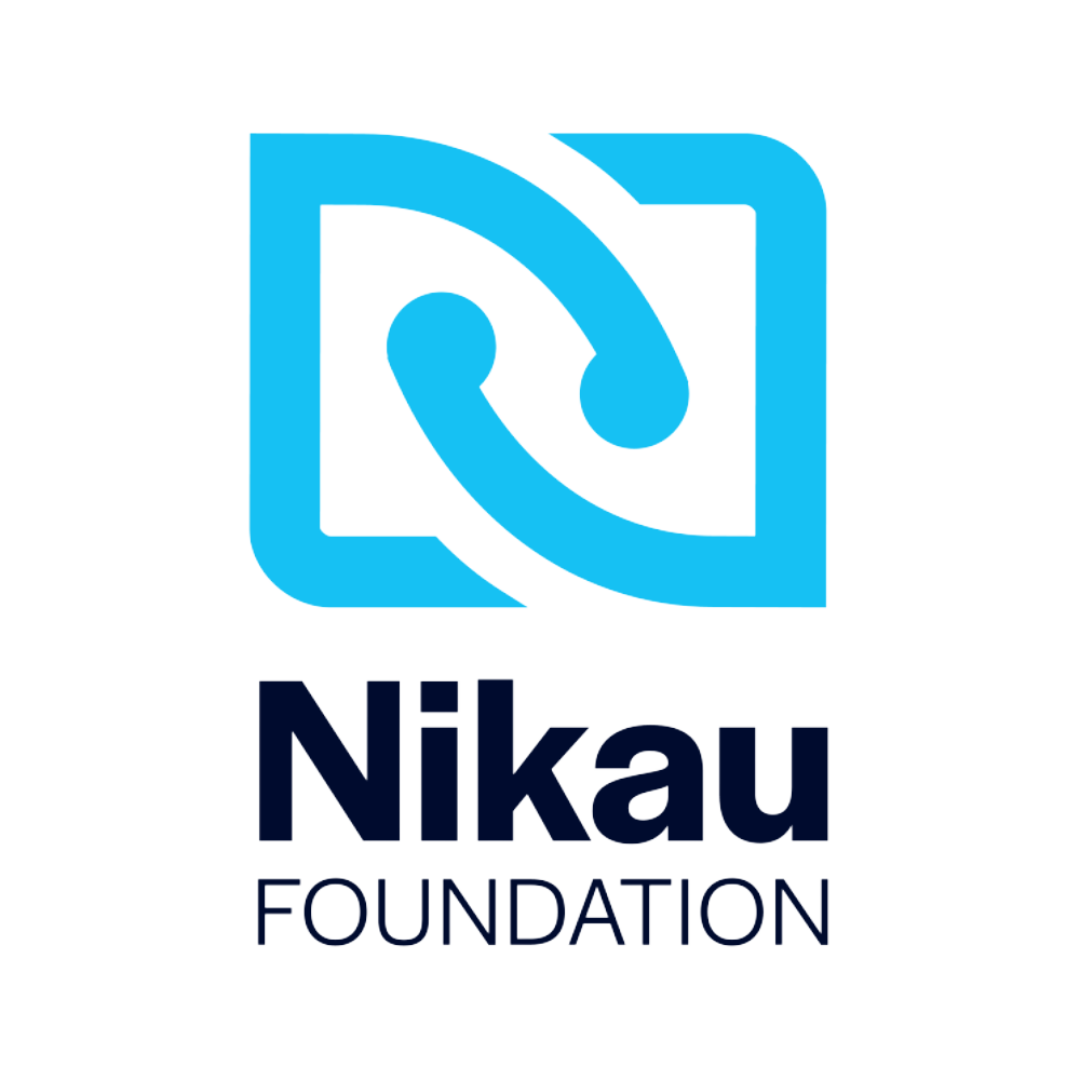Inspiring a lifelong love of science.
Fostering curiosity through tactile educational experiences.
Creating inspiring scientific education programmes.
"We knew we'd got the formula right when we received a note in a returned kit from a school simply saying, 'we love House of Science!,’' says House of Science (HoS) Wellington founder, Jane Leogreen, "the fact that a child had gone out of their way to express their gratitude for the programme meant we were delivering something that really resonated with children.”
With a business background, Jane was drawn to HoS through her own children. Noticing an emerging interest in the sciences, Jane sought to foster this curiosity by finding an engaging, immersive science programme. And, although there were none existing in the Wellington region at the time, she was pleased to stumble upon Tauranga-based HoS, then in its early years.
Building foundations for community contribution.
The brainchild of former Tauranga Girls High School Head of Science, Chris Duggan, HoS was established in 2013 to address shortcomings in scientific achievement within the New Zealand school system (according to a 2018 NMSSA report, only 20% of NZ’s Year 8 students are achieving at the expected level). HoS’s strategy to address this issue was twofold; to build scientific literacy in primary school students and empower teachers to deliver engaging science programmes.
Jane says, "House of Science aims to help children understand the world we live in and establish a sense of identity through scientific learning. We want to encourage 'citizen scientists' who can use scientific understanding to contribute to all aspects of their communities."
So, how does it work?
Covering a range of topics - from nano-science to environmental conservation - House of Science develops and maintains boxes of tools, assets and resources, which collectively form the basis for an immersive science class experience.
Guided by their students' interests, teachers order a bi-lingual kit from a continually evolving resource library, which is then delivered to their school. Jane says, "a huge part of HoS is allowing teachers to deliver the scientific learning and experiments in a way that will best engage their students. Sometimes their students will be more interested in certain areas of the science topic than others. Teachers know their students best, and we encourage them to extend the experiments as they see fit," says Jane.
Included in every kit is a teacher manual, mapped to the New Zealand curriculum and complete with cultural references intended to draw a link between scientific principles and how they are applied within cultural practices. The conservation of traditional Māori garments, Korowai, for example, makes use of nanotechnology techniques in the identification of chemical changes to help prevent the deterioration of fibres such as harakeke. "Including these references helps students to contextually identify scientific applications, and how it contributes to our individual world view," says Jane.
Countering movements to take learning online, a key aspect of House of Science’s kits is their tactility. "Being able to be hands-on with equipment and working on experiments in their learning environment enables a deeper understanding of scientific ideas," says Jane. Other positive outcomes include feedback from teachers that students are more focused, and ask more questions.
Supporting exponential growth
Since launching in Wellington in 2016, House of Science has grown from one kit available in one school to over 50 kits available in 40 schools located across Wellington’s southern and eastern suburbs and as far north as Pukerua Bay, and their momentum is not set to slow down. Jane says, "our next big challenge is to develop our logistical systems and secure assets to support our growth. Driven by word-of-mouth, demand keeps on increasing, so our challenge is making sure we can deliver at scale."
House of Science is supported by keen volunteers, who help deliver and collect kits to and from member schools, as well as maintain the resource kit library. Growing this team is another key goal.
Nikau Foundation was delighted to issue two grants, collectively totalling $8700 from the Bice Tennyson and Porirua District Funds, to assist with House of Science's ambitious growth plans.
Additionally, we also gave a grant of $3000 to House of Science's Wairarapa branch to assist with operating expenses.
"With this money, we are hoping to establish a Porirua hub, where we can base operations and store kits, and continue to extend our reach across the Wellington region," says Jane.
To find out more about House of Science, click here.



